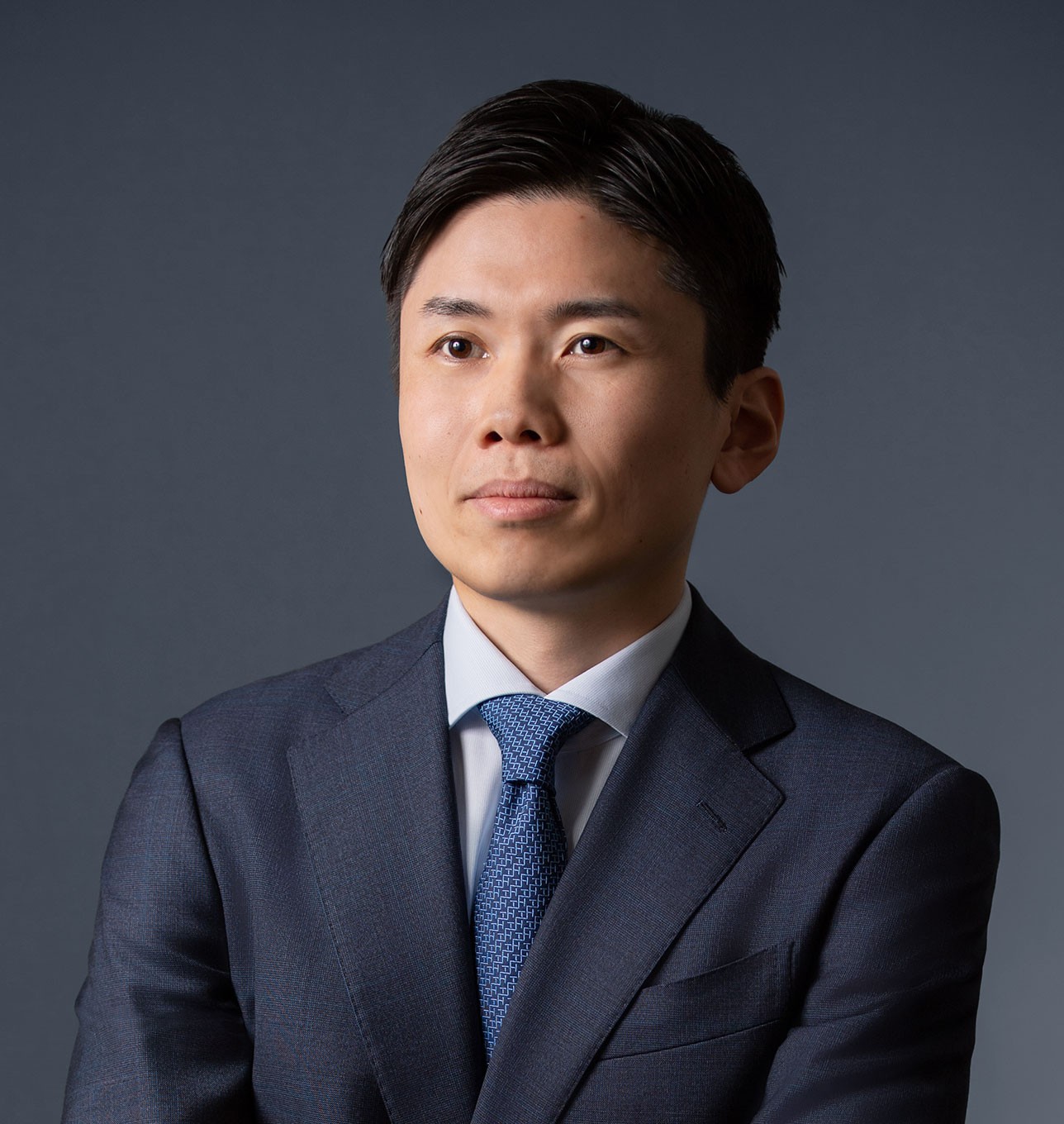With greater focus on ESG, many Asian private equity managers are catching up on sustainability, says report from Mayer Brown and Sedgwick Richardson
Mayer Brown and Sedgwick Richardson announced today the launch of Sustainable Private Equity in Asia: Through the Lenses of Compliance, Strategy and Branding (the “Report”), which provides crucial insights into the evolving landscape of ESG and sustainability-related regulations, practices and challenges in the Asian private equity (PE) industry.
Mirroring the ESG and sustainability journeys of many PE fund managers, the Report first identifies some of the regulations that initially drive managers to examine these issues in Asia. The Report then provides insights into how Asian PE managers are integrating ESG factors into the investment process, based on a review of publicly available responsible investment reports from 28 managers across Asia. Finally, the Report highlights how some PE fund managers are going a step further by evolving basic ESG integration into holistic approaches to sustainability, through strategies and branding, based on a review of publicly available information from 139 managers across Asia.
All of the managers reviewed in the Report have committed to the UN-Supported Principles for Responsible Investment (PRI), one of the world’s leading proponents of responsible investment. Managers reviewed are headquartered in Mainland China, Hong Kong, India, Indonesia, Japan, Malaysia, Singapore, South Korea and Vietnam. The review does not include pure-play secondary firms, PE funds-of-funds or PE real estate managers.
Key insights from the Report include:
- Hong Kong and Singapore regulators have taken the lead in Asia in developing detailed requirements for PE managers on issues relating to climate change and the environment.
- ESG integration among Asian PE managers may benefit from more structured stakeholder engagement with LPs to align with their sustainability priorities, as well as more capacity building to support value creation efforts at the portfolio company level.
- While many Asian PE managers are taking significant steps to integrate ESG issues into the investment process, fewer have developed holistic sustainability strategies and incorporated related concepts into their branding and communications.
LP engagement, capacity building and exit narratives can improve ESG integration
As PRI signatories, most of the 28 managers reviewed in the “ESG Integration” section of the Report have taken significant steps to integrate ESG issues into policies, due diligence, portfolio monitoring and disclosure processes. The analysis shows that only a quarter of the firms reviewed, however, reported that they consulted with LPs to align with their sustainability priorities.
The team sees this as an opportunity for PE managers to stand out among peers that are increasingly focused on ESG and sustainability. “Our analysis indicates that there are continuing integration opportunities for managers to employ structured stakeholder engagement to more clearly highlight their advanced ESG priorities, and to build capacity, which can improve value creation and financial outcomes at exit. Unified sustainability strategies that address multiple topics can better meet stakeholder expectations, help manage risks, enhance brand equity, and create value,” he said.
Many managers reviewed are also leveraging ESG for value creation, but fewer provide ESG training to portfolio company executives and employees, suggesting that value creation efforts may not be supported with the foundational knowledge required for success. The Report also finds that there is significant variability in the ESG-related information that is shared with potential portfolio company buyers at exit. Most firms reviewed share information about their overall approach to responsible investment with potential buyers, but only half reported disclosing asset-specific ESG information like the results of their latest ESG risk assessment of the portfolio company or the portfolio company’s ESG data. Here, managers may be missing opportunities to clearly highlight the ESG performance of assets at exit, which could contribute to better financial outcomes.
Fewer managers have developed sustainability strategies or integrated sustainability into their brands
The authors define a sustainability strategy as one that determines which topics a manager focuses on in both the investment process and its own operations, as well as the positive outcomes that the manager hopes to achieve for the economy, environment and society. Goals and targets across a range of topics help orient a manager, its funds and portfolio companies towards achievable objectives and enable dedicated sustainability reporting, which all contribute to attracting and retaining not only sources of capital but also talent.
Almost a third, 31%, of the firms reviewed have developed some form of a sustainability strategy that addresses topics other than the firm’s overall approach to responsible investment, but only 15% have developed more advanced sustainability strategies that address multiple topics in a unified manner. Even fewer firms, only 9%, have made sustainability core to their brand strategy, suggesting that many managers are missing opportunities to better address stakeholder expectations, manage risk and create value with clearly articulated, comprehensive sustainability propositions integrated into firm-level branding.
More managers are, however, moving from viewing these issues solely through the lens of compliance towards the more holistic lens of sustainability. Alexander Burdulia, Associate Sustainability Director at Sedgwick Richardson and a former private equity lawyer, notes that “the Report highlights how Asian private equity is now responding to the global shift we’ve seen towards concepts of sustainability and stakeholder capitalism over the past few years. While Asia may still lag behind Europe and other regions, we are increasingly seeing Asian private equity managers – including many who are not dedicated impact investors – respond by adopting sustainability strategies and incorporating these concepts into firm-level branding.”
To download the Report, please visit here or contact us for more information.
Sustainable Asset Management in Asia: 2023 Sustainability Pulse Check
In tandem, Mayer Brown and Sedgwick Richardson have also released the Sustainable Asset Management in Asia: 2023 Sustainability Pulse Check, which highlights how the broader asset management industry in Asia is responding to global trends towards sustainability. The Pulse Check report reflects responses to a dedicated survey of 26 asset managers active in Asia, ranging from early-stage venture capital investors to some of the region’s most influential fund managers with AUM in the billions of U.S. dollars. The results highlight how asset managers across Asia are navigating the increasingly complex regulatory landscape, as well as the stakeholders and goals driving their approaches to sustainability.
Key highlights of the Pulse Check report include:
- 85% of respondents have increased their emphasis on sustainability over the past two years.
- Over 80% of respondents said limited partners or investors have shown an interest in their approach to sustainability in the past two years.
- 70% of respondents identified compliance with sustainability-related regulations as a primary goal.
- Half of the respondents have already seen benefits from their sustainability approach in the areas of fundraising, brand recognition and reputation, and risk management.
To download the Pulse Check report, please visit here or contact us for more information.
About Sedgwick Richardson
Headquartered in Asia for over 30 years, Sedgwick Richardson (‘SR’) is a brand and sustainability consultancy working with visionary leaders and entrepreneurs across Greater China and Southeast Asia. SR build brands that drive shared value for business, society, and our environment.



